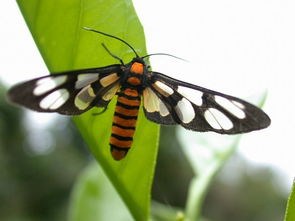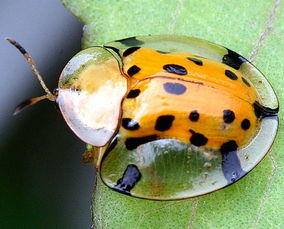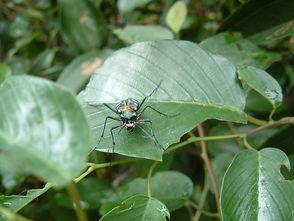
Insect Bite Itching: A Comprehensive Guide
Have you ever experienced the intense itching that comes with an insect bite? It’s a common occurrence, but understanding why it happens and how to manage it can make a significant difference in your comfort and well-being. In this article, we’ll delve into the causes, symptoms, and treatments for insect bite itching, providing you with a comprehensive guide to dealing with this pesky problem.
Understanding the Causes

Insect bites can be caused by a variety of pests, including mosquitoes, ticks, fleas, bed bugs, and bees. Each of these insects has its own method of injecting venom or saliva into your skin, which can trigger an immune response that leads to itching.
| Insect | Method of Injection | Common Symptoms |
|---|---|---|
| Mosquitoes | Saliva | Itching, redness, swelling |
| Ticks | Saliva | Itching, redness, swelling, rash |
| Fleas | Saliva | Itching, redness, swelling, rash |
| Bed Bugs | Saliva | Itching, redness, swelling, rash |
| Bees | Venom | Itching, redness, swelling, pain, hives |
Recognizing the Symptoms

When an insect bites you, you may notice several symptoms, including:
-
Itching: This is the most common symptom and can be quite intense.
-
Redness: The area around the bite may become red and inflamed.
-
Swelling: The bite may swell, sometimes significantly.
-
Rash: In some cases, a rash may develop around the bite.
-
Pain: Depending on the insect, you may also experience pain at the site of the bite.
Managing the Itching

Dealing with insect bite itching can be challenging, but there are several strategies you can use to alleviate the discomfort:
-
Cold Compress: Applying a cold compress to the bite can help reduce swelling and numb the area, providing temporary relief from itching.
-
Antihistamines: Over-the-counter antihistamines can help reduce itching and inflammation. Be sure to follow the dosage instructions on the label.
-
Topical Creams: Calamine lotion or hydrocortisone cream can help soothe the skin and reduce itching.
-
Home Remedies: Some people find relief by using home remedies, such as applying a paste of baking soda and water or a mixture of apple cider vinegar and water to the bite.
Preventing Future Bites
Preventing insect bites is the best way to avoid the itching and discomfort that comes with them. Here are some tips to help you stay bite-free:
-
Use insect repellent: Apply a DEET-containing insect repellent to exposed skin and clothing, following the instructions on the label.
-
Wear protective clothing: Long sleeves and pants can help protect your skin from bites.
-
Stay indoors during peak biting times: Insects are most active at dawn and dusk, so staying indoors during these times can reduce your risk of being bitten.
-
Check for ticks: After spending time outdoors, inspect your clothing and skin for ticks, especially in areas like your hair, armpits, and groin.
-
Keep your home clean: Regularly vacuuming and cleaning your home can help reduce the number of insects, including bed bugs and fleas.
Related Posts
short link bitly,Short Link Bitly: A Comprehensive Guide
Short Link Bitly: A Comprehens…
spider bite in bed,Spider Bite in Bed: A Detailed Guide
Spider Bite in Bed: A Detailed…





